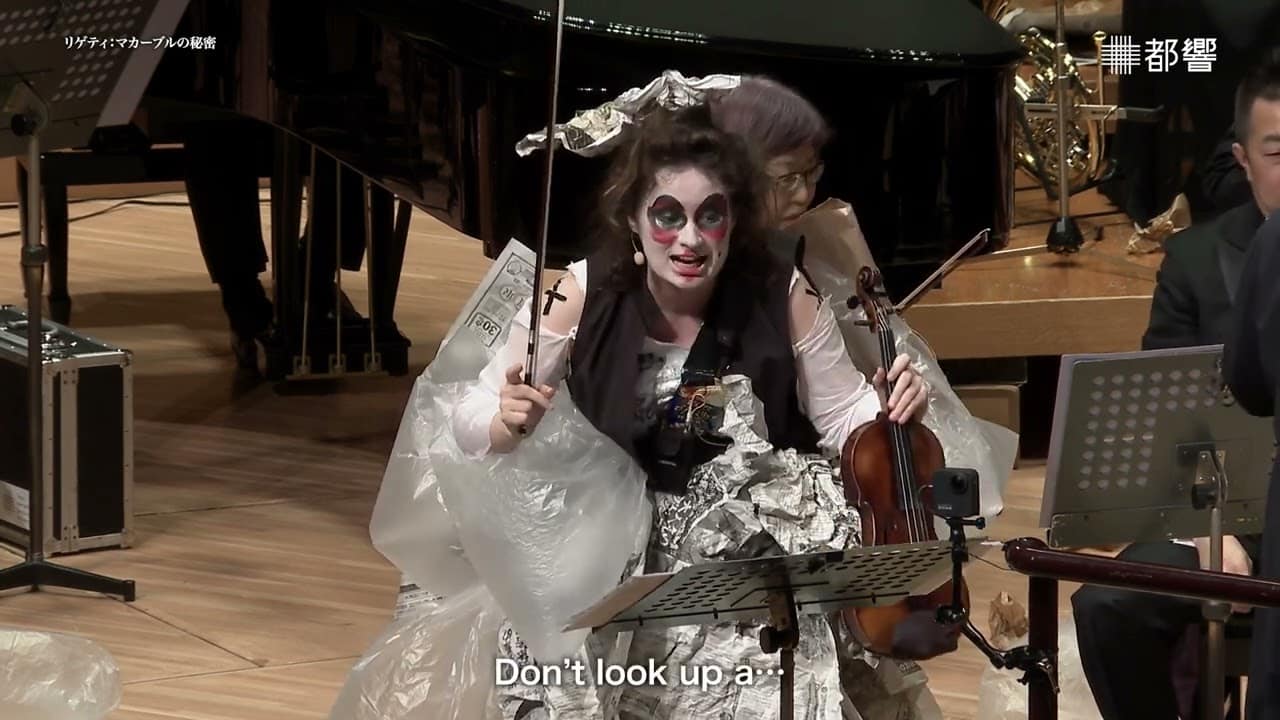Now for a Carmen with a feminist ending
mainIn the new Florence production of Bizet’s opera by Leo Muscato, Carmen gets to shoot Don José dead before he can stab her.
‘At a time when our society is having to confront the murder of women, how can we dare to applaud the killing of a woman?’ says Cristiano Chiarot, head of the Teatro del Maggio Musicale.
Veronica Simeoni (pic) plays the feminist Carmen.
What next, Brünnhilde with a fire extinguisher?

Or Aida jumping out of her tomb saying, ‘I’ve had enough of this!’
Feel free to add your own alternative fem-pos ending to familiar operas.





Comments